Physical Address
60 Ekwema Cres, Layout 460281, Imo
Physical Address
60 Ekwema Cres, Layout 460281, Imo
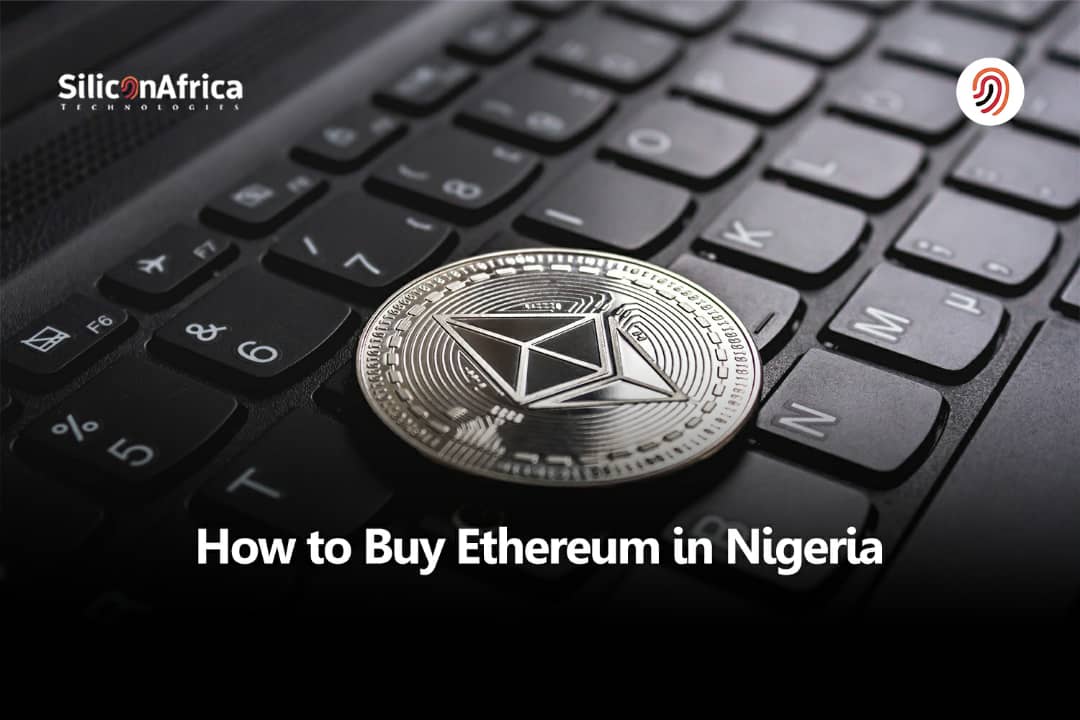
You’ve decided to dive into the crypto business and wisely consider buying Ethereum, but you’re unsure where to start. You may have heard about purchasing cryptocurrency on various platforms and the bans associated with some.
After reading this post, you won’t be indecisive because I’m here to guide you through buying Ethereum in Nigeria.
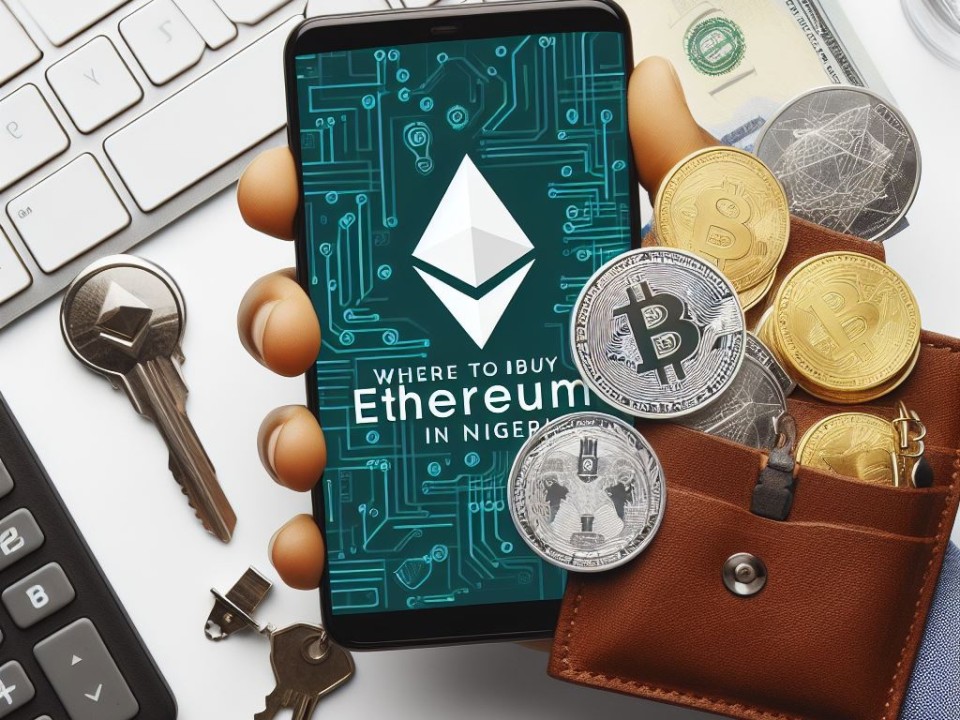
To buy and sell Ethereum’s Ether (ETH) cryptocurrency in Nigeria, you need to go through an exchange, online broker, or local broker.
The first step in this process is to obtain a unique crypto wallet, which is essential for engaging in ETH transactions and storing your cryptocurrency.
Your crypto wallet address functions like an email address, but it can also enable payments, receipts, and gifts.
After downloading your crypto wallet, you can access it through your desktop, laptop, tablet, or smart mobile device.
While Bitcoin is currently the most recognized cryptocurrency due to its market dominance and high liquidity, interest in the Ethereum blockchain and the Ether cryptocurrency is growing.
This makes Ethereum a great alternative to buying Bitcoin in Nigeria. Like Bitcoin, buying Ethereum’s Ether or Ethereum Classic (ETC) in Nigeria is relatively straightforward, but selecting the right broker or exchange is crucial.
Also read: 15 Best Sites to Buy Bitcoin in Nigeria: Best Crypto Sites
To purchase ETH in Nigeria, you must first access a cryptocurrency exchange that allows Nigerian clients to register and offers ETH. Depending on the exchange or broker you select, buying ETH in Nigeria should not be complicated.
You have two main options: investing in ETH directly or buying and selling contracts for difference (CFDs) on ETH. Investing in ETH involves registering at an exchange and acquiring a crypto wallet.
Alternatively, you can choose the CFD route, which entails signing up with a cryptocurrency CFD broker, such as XBT, and does not require obtaining a wallet or registering with an exchange.
Moreover, Nigerians should find that obtaining ETH and ETC cryptocurrencies is as easy as getting Bitcoin. You can use any Nigerian exchange that supports Ethereum.
Additionally, you can open an account at an international exchange or work with a local cryptocurrency broker. Many Nigerian exchanges accept paper currency and allow you to buy cryptocurrencies in person at their offices.
You can then leave your assets in the exchange or transfer them to a mobile or web-based wallet.
Also read: How to Buy Crypto with DCU Bank Transfer
To buy Ethereum in Nigeria, follow the following steps:
Nigeria offers a significant advantage for cryptocurrency traders, as several exchanges are based there. This makes it easier for Nigerians to open an account at a local exchange.
In addition to native exchanges, many international and semi-international exchanges accept accounts from Nigeria. Some popular exchanges include Binance, Luno, and Quidax.
You must transfer your assets from the exchange to a personal cryptocurrency wallet to trade ETH and maintain full control over your transactions.
Wallets come in various forms and allow you to manage your transactions securely.
You can install your wallet on a desktop or laptop, as well as on Android or iOS smartphones and tablets. Web-based wallets are also available and offer access from any internet-connected device without downloading.
If you plan to trade ETH, ETC, ensure your wallet supports Ethereum. Hardware wallets, such as Ledger or Trezor, provide enhanced security by storing your private keys offline in a device similar to a USB memory stick.
Some exchanges, like NGexchanger, offer their wallets. However, many exchanges require you to have an Ethereum wallet or leave your funds on the exchange.
Once you have purchased ETH on an exchange, you should transfer the currency to your personal ETH or multi-currency wallet to ensure security and full control.
You can also buy or sell Ethereum from local sellers, which might offer more flexibility and convenience. Ensure that any local seller you deal with is reputable and trustworthy.
In case you don’t know, here is how to convert USDT to Naira.
When storing your crypto in a wallet, there are two main options:
Here is a discussion of the distinctions between the two:
Advantages:
Disadvantages:
Examples: Coinbase Wallet, Binance Wallet, Kraken Wallet
Advantages:
Disadvantages:
Examples: MetaMask, Electrum, MyEtherWallet
Decentralized wallets can be further divided into categories:
Also read: Trend Forecasting in Africa: Step-by-Step Guide
The choice between centralized and decentralized wallets depends on your priorities and needs.
Centralized wallets might be suitable if you value convenience and ease of use. Decentralised wallets are a better option if you prioritize security, privacy, and control.
Below is a list of exchange platforms where you can trade your coins.
These platforms either have their base in Nigeria or accept accounts from Nigerians:
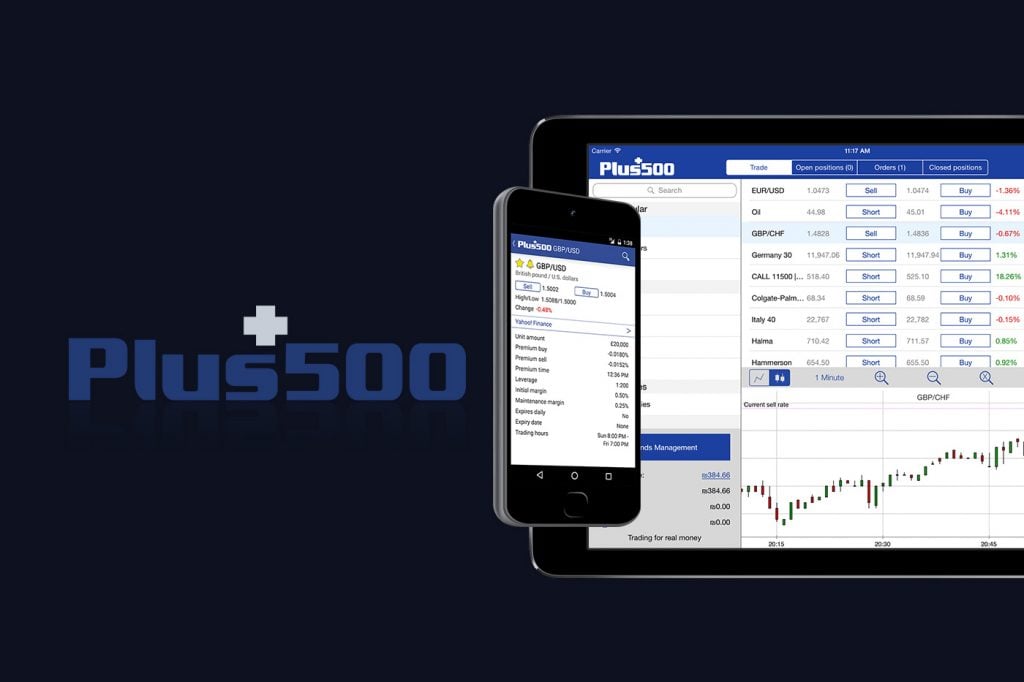
Plus500 is a global multi-asset fintech group providing online trading services.
It is known for its easy-to-use platform and offers various trading instruments, including cryptocurrencies. Plus500 allows users to trade ETH through contracts for difference (CFDs) without owning the underlying asset.
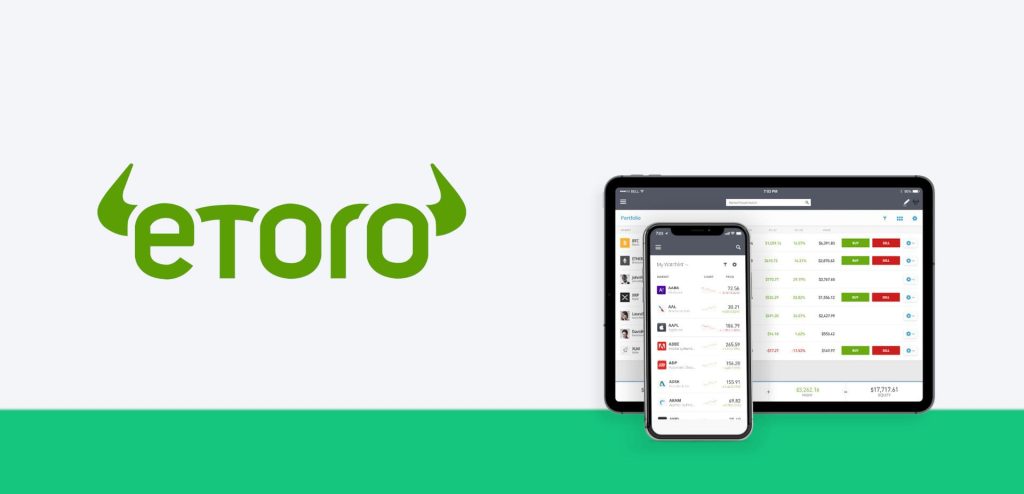
eToro is a popular social trading platform that allows users to trade various cryptocurrencies, including Ethereum.
It provides a user-friendly interface and offers unique features such as copy trading, where users can mimic the trades of successful traders.
eToro also supports trading in other assets like stocks and commodities.
Here are the top 6 crypto exchanges Nigerians can use for buying/selling bitcoin.
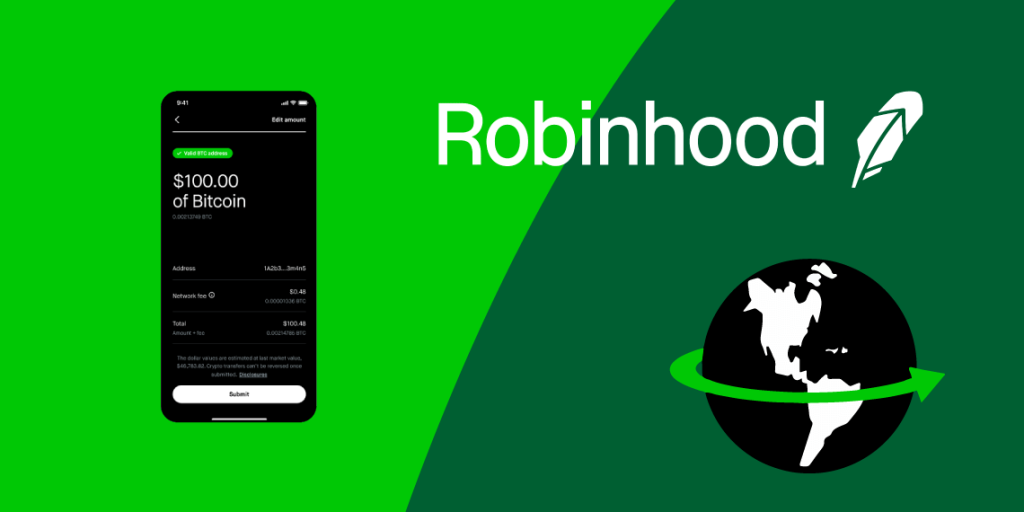
Robinhood is a commission-free trading platform that trades cryptocurrencies, stocks, and ETFs.
It is known for its user-friendly mobile app and has become popular among young investors.
Robinhood allows users to buy and sell Ethereum without fees, making it an attractive option for beginners.
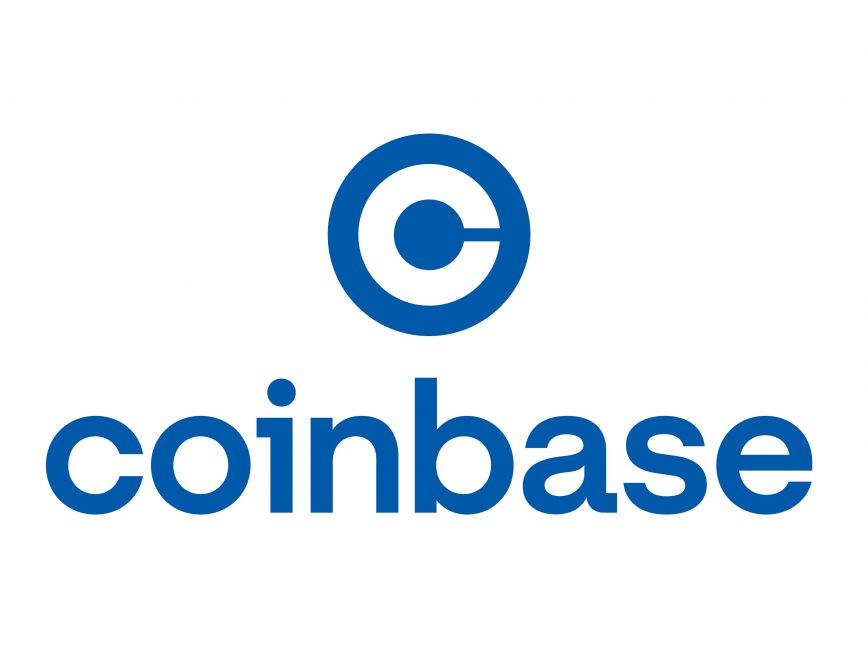
Coinbase is one of the most well-known and widely used cryptocurrency exchanges globally.
It offers a secure platform for buying, selling, and storing cryptocurrencies, including Ethereum.
Coinbase provides a user-friendly interface, making it easy for beginners to start trading.
Additionally, it offers advanced trading features for experienced traders through Coinbase Pro.

Paybis is a cryptocurrency exchange that allows users to buy and sell various cryptocurrencies, including Ethereum.
It is known for its fast transactions and excellent customer support. Paybis supports multiple payment methods, making it accessible for users in Nigeria and other countries.

OKX (formerly OKEx) is a comprehensive cryptocurrency exchange offering various trading options, including spot trading, futures, and options.
It supports a variety of cryptocurrencies, including Ethereum. OKX provides advanced trading tools and features, making it suitable for beginners and experienced traders.
These exchanges offer different features and benefits, so choosing one that aligns with your trading needs and preferences is important.
Also read: How to Find a Legit Vendor for Gift Cards in 2025
Navigating the world of cryptocurrency trading in Nigeria can seem daunting, but it becomes much more manageable with the right resources and information.
You can confidently buy, sell, and trade Ethereum and other cryptocurrencies by choosing a reputable exchange and securing your assets in a suitable wallet.
Whether you opt for a centralized wallet for its convenience and additional features or a decentralized wallet for greater control and security, your decision should align with your priorities and needs.
Additionally, selecting from top exchanges like Plus500, eToro, Robinhood, Coinbase, Paybis, and OKX can provide a reliable platform to start your trading journey.
With careful planning and the right tools, you can effectively participate in the burgeoning cryptocurrency market in Nigeria.
The best cryptocurrency exchanges for Nigerians to trade Ethereum include Plus500, eToro, Robinhood, Coinbase, Paybis, and OKX. These platforms offer various features such as ease of use, security, and support for multiple payment methods.
Centralized wallets are controlled by a single entity or organization and are often easy to use with additional features like trading and lending. However, they are vulnerable to hacking and government interference. Decentralized wallets give users full control over their private keys and funds, offering greater security and privacy, but may require more technical expertise.
To set up a cryptocurrency wallet for trading Ethereum, you can choose from several options: desktop, mobile, web-based, and hardware. Install the wallet software on your chosen device, create a secure password, and back up your private keys. Ensure that the wallet supports Ethereum (ETH).
Decentralized wallets give users full control over their private keys and funds, making them resistant to censorship, hacking, and government interference. They are often open-source and community-driven, providing greater privacy and anonymity than centralized wallets.
Yes, you can trade Ethereum without a wallet by using contracts for difference (CFDs) on platforms like Plus500. CFDs allow you to speculate on Ethereum’s price movements without owning the cryptocurrency, so you don’t need a wallet to store your ETH. However, owning a wallet gives you full control over your assets and enhances security.